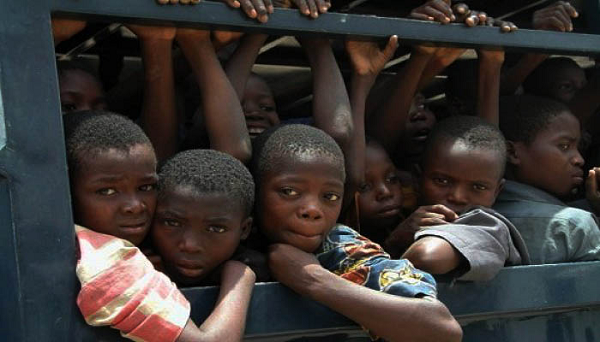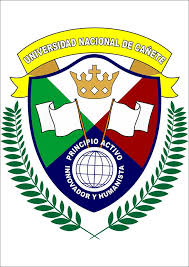By Peter Olorunnisomo – Child labour has been a permissive cultural practice feeding on poverty and the lack of social cultural education by governments whose focus has largely been characterised by self-aggrandisement and political feudalism albeit in democratic practice.

Culturallly child labour prevailed when education was socially realised through norms, proverbs, and cultural infra-structures that graduated each person into roles in that society. With the advent of westernisation has come new notions bought from the gains of religion and cultural complex creating new philosophies and cultures for socialisation without addressing the fundamentals of peculiar beliefs, ways of life, and cultural expectations.
Even though the sons and daughters of the land imbibed both cultures with the prevalent domination of the western one, these issues were not addressed and instead they basked in the glory and ultimate motivation of being supreme among equals.

These derided the role of children in the assumed cultures making it rather cosmetic to be able to achieve whatever one was able and driving others to the extremes of ambitions where democratic principles no longer conferred responsibility to the people but to particular people, political parties, and self-serving mandates. Expedient to say therefrom began the tumoric growth of child-trafficking among the poor and deprived masses not only in nations of Africa but also in the Asia.
The west African coast has been troubled with this especially Nigeria as people were easily trafficked with inducements of greater gains over the seas. But when the adults began to find ways of causing retribution, children became the target.
So reports have it that Krachi west district in Ghana has been identified as a major transit point for child trafficking and child labour.
This became known during a study tour by the centre for human rights, conflict, and peace studies at the University of Education Winneba in the district.
Peter Quao Adattor who was with the study group reports, seven child labourers were rescued within a spate of two hours on the lake.
Human trafficking is a global problem affecting millions of people and many countries. In Ghana, the internal trafficking of children into hazardous labour is a major challenge. Many Ghanaian children are trafficked from their home villages to work in the fishing industry. Fishers desperate to sustain their income exploit these kids living in meager conditions and working long hours.
However, statistics on the number of children in what many referred to as modern-day slavery remained scanty and often debatable. A recent an assessment conducted by the international justice mission, IJM, found that 57.6 percent of children working on southern lake Volta’s waters were trafficked into the forced labour. The report further identified the majority of the lake child labourers as too young to legally conduct the hazardous tasks inherent in many aspects of the fishing industry.
At least one out of five of children identified in the lake fishing was six years old or younger according to the report. A recent documentary produced by CNN on the lake further corroborated this assertion.
However, these reports were met with mixed reaction, especially from policymakers. The development prompted the centre for human rights, conflict, and peace, at the University of Education, Winneba, into a fact finding the mission at Kete-Krachi, where the practice is reportedly rife. The university study team encountered a number of children in hazardous labour within two hours of cruising on the lake.
Some of the child labourers, aged between 8 and 12 years, were working without supervision whilst others appeared severely malnourished.
This prompted the group, with support from PACODEP, a local NGO, to rescue seven of those encountered between 7.00am and 9.00am.
But this was not without a struggle. All the children we encountered together with their masters put up fierce resistance. They claimed to be attending school but could not explain why they were found on the lake engaged in fishing activities on a Friday morning. This particular one went on his knees crying and begging the team not to remove him from the condition.
The team proceeded to Ogetse, one of the island communities where three of the seven rescued children came from. There is a basic school with an acceptable number of teachers. However, most parents prioritize fishing ahead of their ward’s education.
The statistics from the Krachi west district, social works is staggering requiring pragmatic action.
Human right watchers say Ghana may not attain most of the sustainable development goals if pragmatic steps are not taken to address the wide spread of child trafficking and child labour.
This exploitative act, unless checked and eliminated, attaining SDGs 1, 2, 3, 4, and 8, that seeks to ensure no poverty, no hunger, good health, quality education as well as good jobs and economic growth will continue to elude the country.
The rescued children are currently at the village of life, a caregiving home and educational facility for rescued child labourers, beginning a new life journey with 98 other inmates.
Kindly follow us on twitter:@AfricanVoice2








